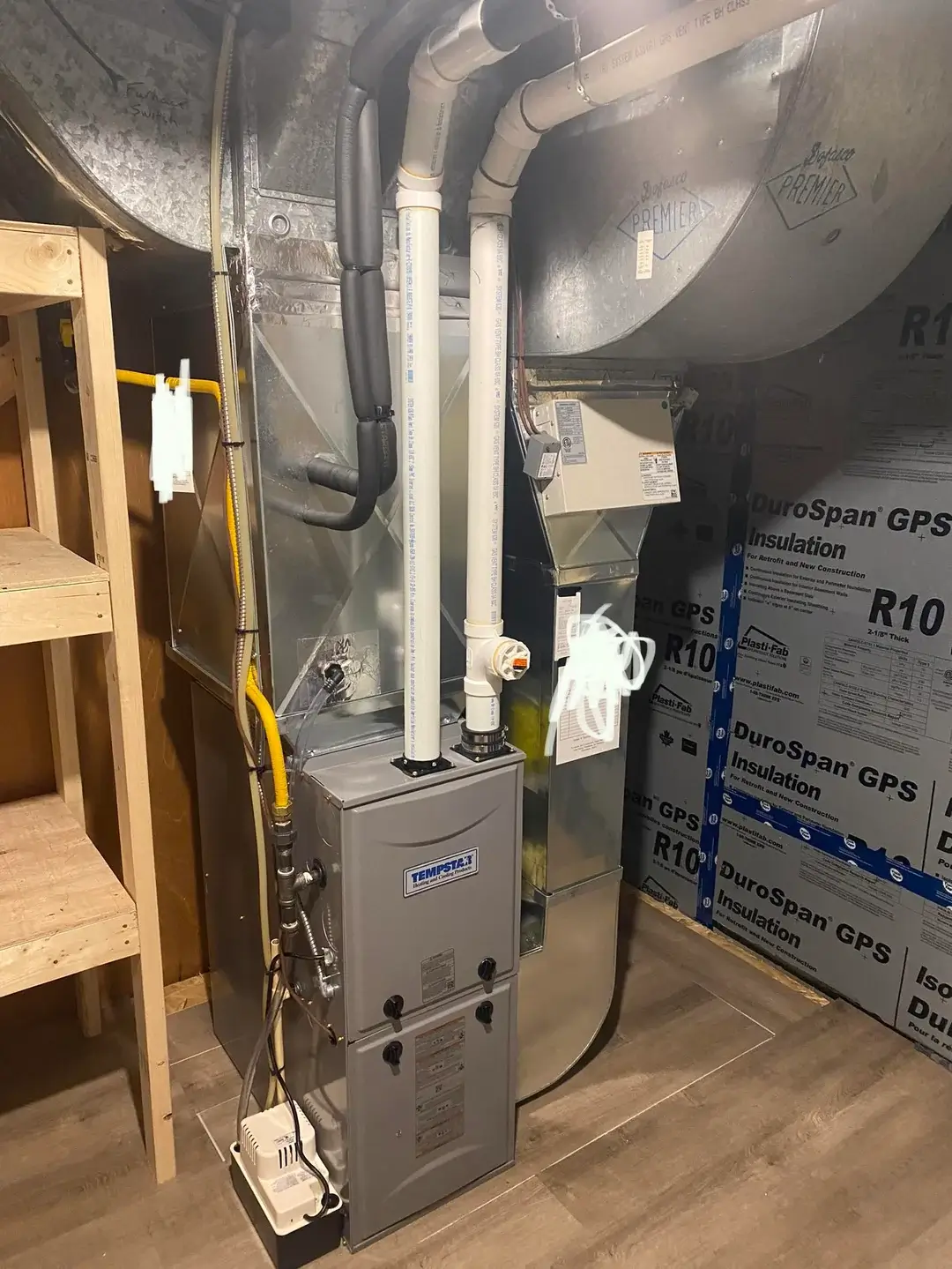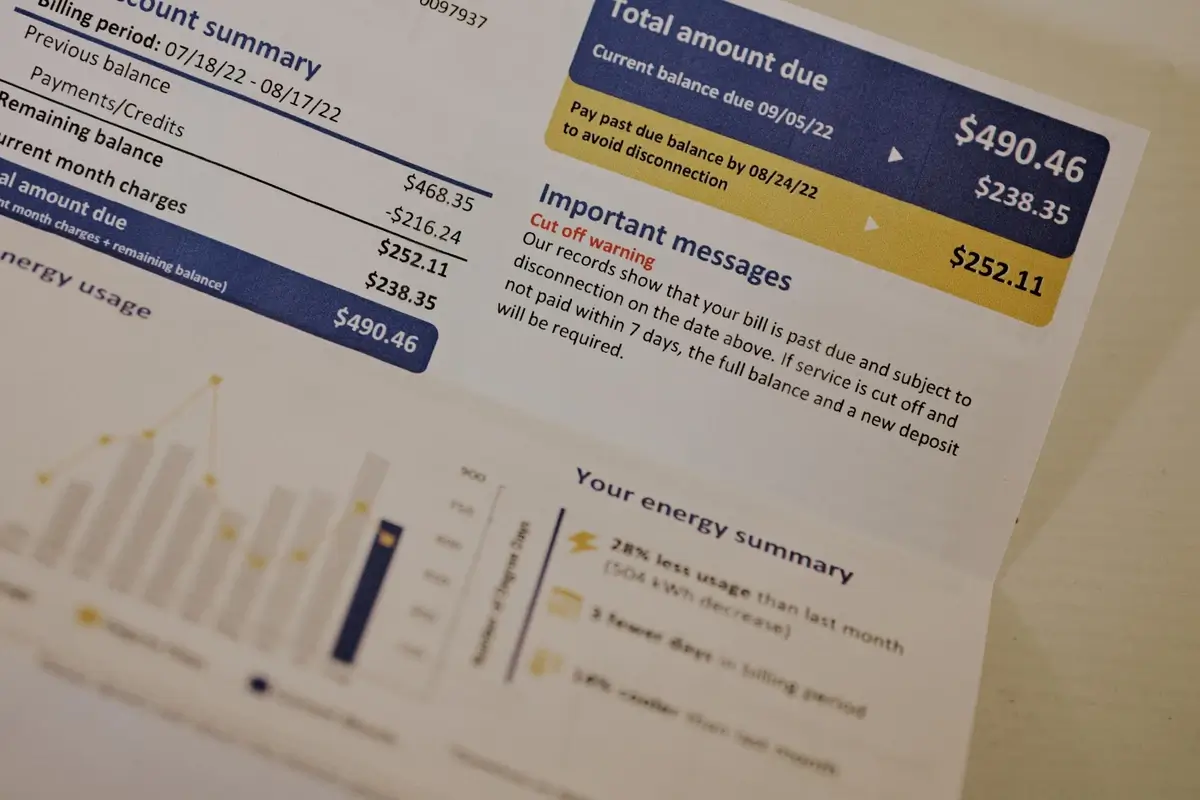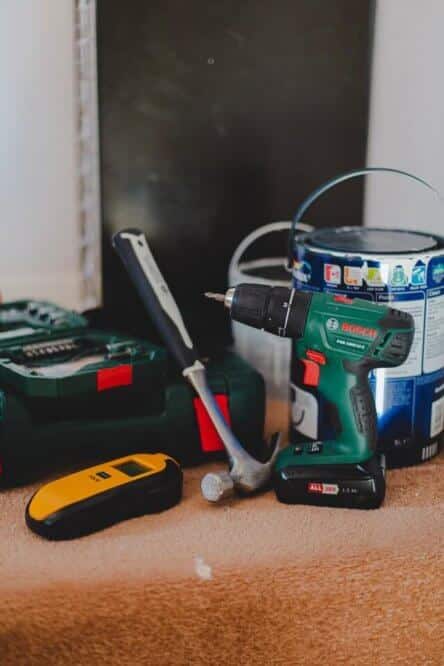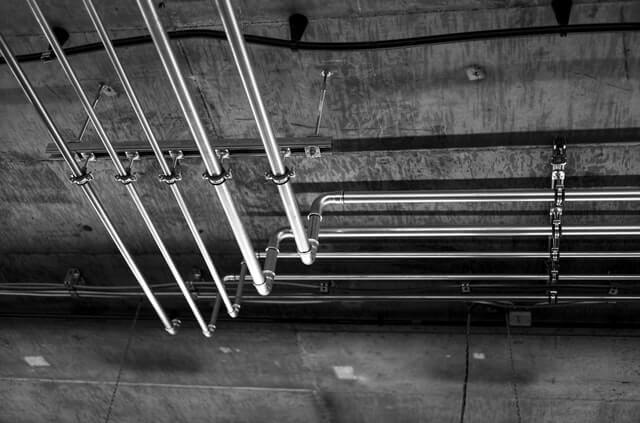When to consider a hybrid heat pump system for your home?
Hybrid heat pump systems incorporate the technology and comfort of two heating systems. Rather than be limited by a single heating system, hybrid heat pumps can provide reliable, efficient and more affordable levels of heating and cooling for your entire home.
Hybrid heating may have the potential to redefine how we keep our homes warm. In this article, we’ll explore the magic behind these systems, how they work, and their benefits.
A heat pump operates via a closed system where a refrigerant is used to circulate hot or cold energy through your central heating or underfloor heating system, from an external energy source. Usually this would be extracted from the outside air, or from underground.
When to Consider A Hybrid Heat Pump System

The Refrigerant
Hybrid heat pumps use a refrigerant with a low boiling point. A refrigerant is simply a liquid that can easily turn into a gas at low temperatures. It does this, then gets warmed up by an electric-driven compressor (the indoor unit), and then turns back into a liquid in the condenser, which releases heat. An expander then comes into play, making the refrigerant ready for heat absorption.
Heat Transfer
The heat generated in the condenser is transferred through the central heating system. In air to water heat pump systems, this operates similarly to a typical central heating boiler, in that the heat is distributed using hot water.
When Heat Pump Meets Gas Boiler
While a heat pump can be used to provide your heating and cooling needs throughout most of the year, you can choose to incorporate a gas boiler during peak demand moments, like during cold winter days. This provides essential back up and ensures your heating works as efficiently as possible at all times.
The boiler supplies hot water, while the heat pump handles space heating. This setup, especially with a combi boiler, eliminates the need for an additional hot water cylinder alongside the heat pump. [1]
Why Use Hybrid Heating?
Hybrid heating systems are gaining popularity for good reasons. Let’s delve into why these systems are necessary and when they’re worth considering.
Homes With High Heat Demand
Your home’s heat demand is the amount of warmth needed for heating and hot water. For homes with a high heat demand, a single heat pump on a regular electricity supply might struggle to keep your heating up to a consistent and comfortable level. This could especially be the case in larger homes, where insulation is a challenge.
Homes in Colder Climates
Homes in colder climates, where winters can be harsh, are especially suited to hybrid heating systems. These systems, equipped to tackle extreme cold, ensure consistent warmth, making them an ideal choice for regions with severe winter conditions.
Most air source heat pumps can work in temperatures as low as -25°, but they do not work as efficiently which could affect your home’s comfort levels and cost you more money to run your heating. With a back up gas boiler, you can rest assured that your heating will operate on demand throughout the year.
Things to Remember

Bill Savings Considerations
While replacing a boiler with a heat pump can lead to lower bills, it depends on factors like boiler efficiency and the fuel you’re replacing. For instance, the cost to install central heating gas boilers might be more cost-effective when mains gas prices are low.
Smart Controls for Savings
Hybrid systems come with smart controls that can consider factors like electricity costs, fossil fuel supply costs, time of day, and even solar power generation. Configuring the system to respond to fuel prices ensures that the boiler operates only when it’s more economical than the heat pump, reducing overall running costs.
Consider Three-Phase Supply
Upgrading your electricity supply to three-phase is especially beneficial for accommodating the demands of a heat pump. In contrast, a single-phase supply might face challenges when powering a heat pump, potentially limiting its efficiency.
Consider Your Tariffs
If you’re leaning towards a hybrid system for bill savings, carefully review gas and electricity tariffs. Discuss assumptions and configurations with your installer to understand the running cost calculations and ensure the system aligns with your budget expectations.
Optimal Insulation
Unlike all-electric air source heat pumps, hybrid systems have no minimum insulation requirement. With that being said, the better insulated your home, the more heat demand the heat pump can cover.
Optimal Hot Water Temperature
Heat pumps usually warm the water in the central heating system to 45 to 55°C, a bit cooler than the 60 to 80°C set by a central heating boiler. For an optimal performance, pairing a heat pump with a low-temperature heating system, like underfloor heating or low-temperature radiators, is key.
Related: Home Energy Saving Tips
Conclusion
In conclusion, hybrid heat pump systems provide efficiency, comfort, and adaptability. But they may not always be necessary, it will often depend on the individual circumstances.
In essence, a hybrid heating system becomes necessary when your home’s heat demand is high, and a standalone heat pump might not cut it. It’s worth considering for its efficiency and flexibility, especially in larger homes with unique heating challenges. Always consult with experts to find the solution that best fits your home’s needs and your wallet.
Read Next: Best Backup Sump Pump With WiFi

Michael Davis is a heating & plumbing expert who currently works as independent contractor in SC. He also writes for Plumbertip.
For almost 10 years he worked on various plumbing tasks across South Carolina.



